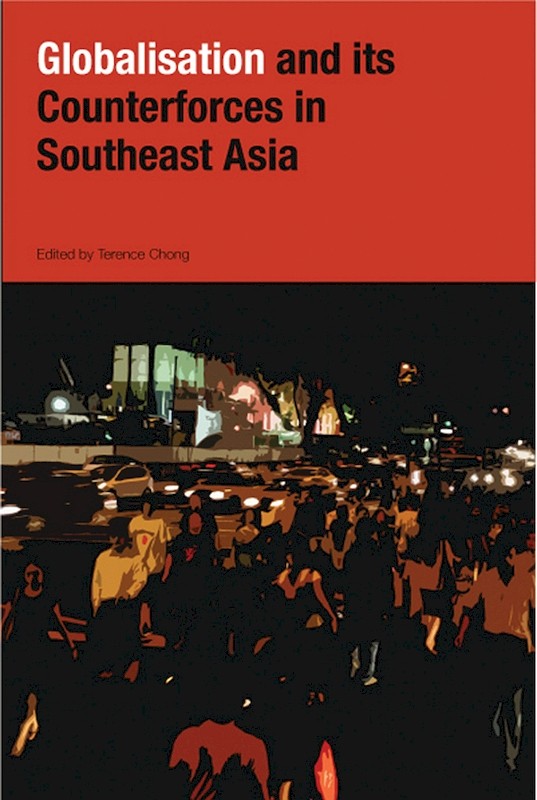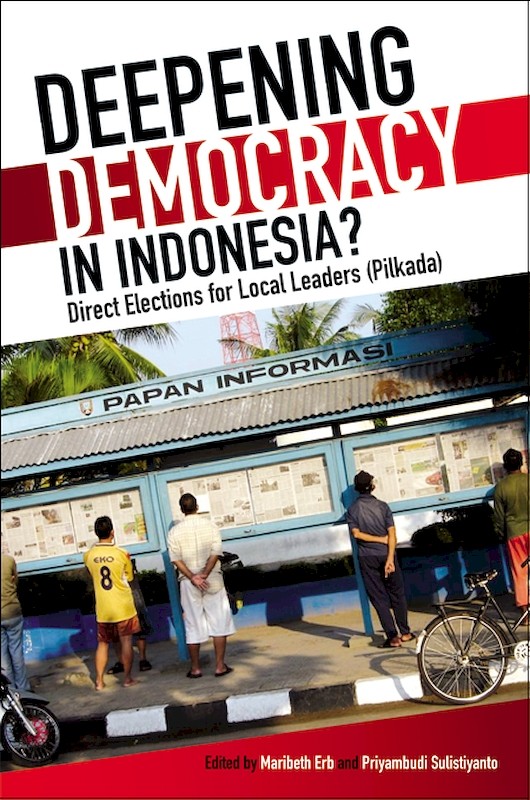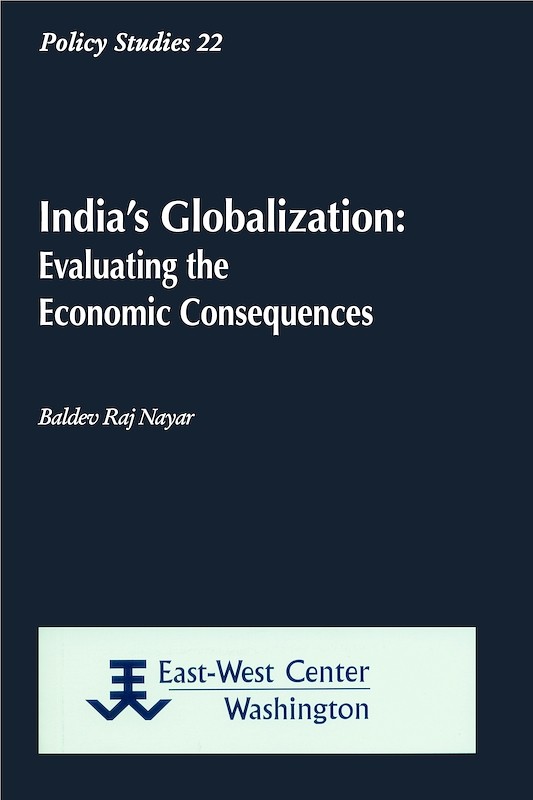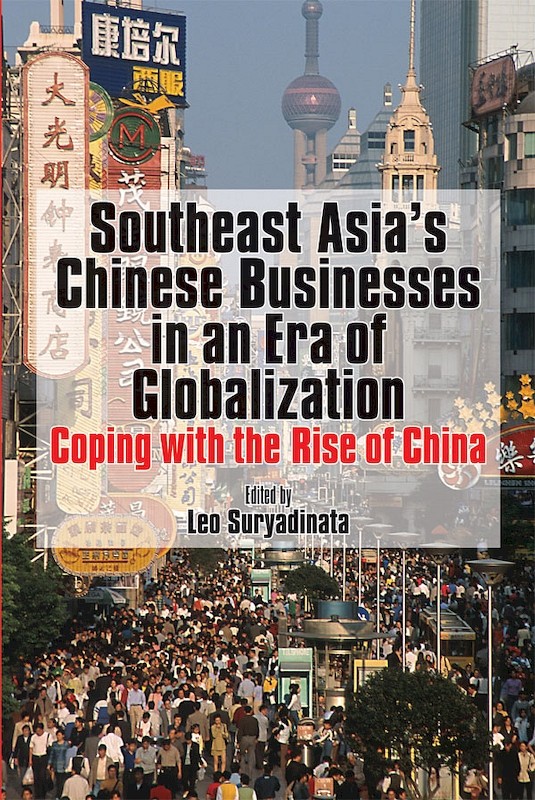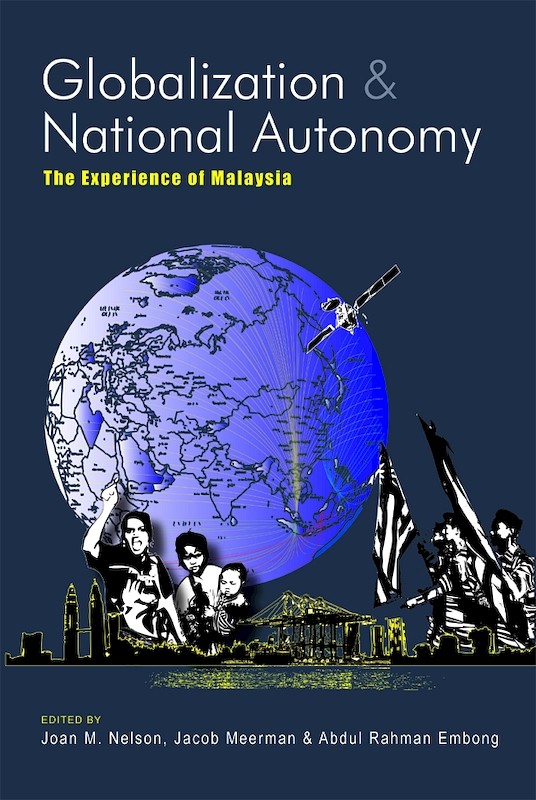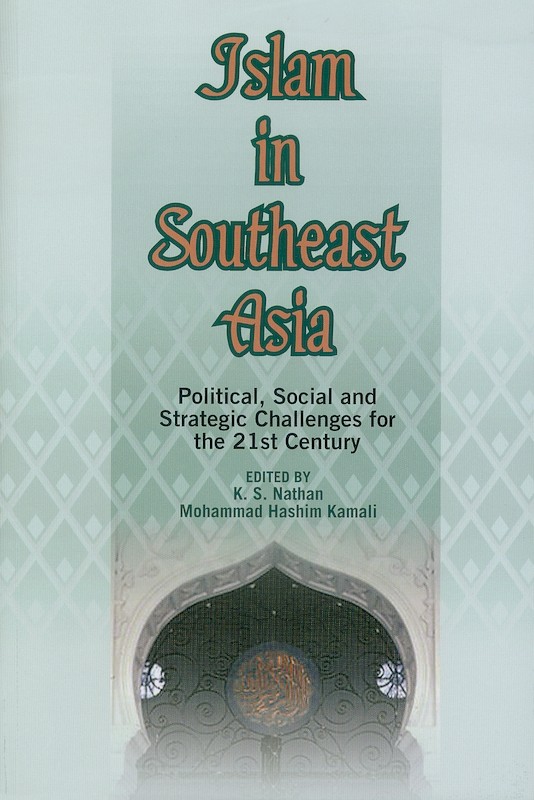Southeast Asian Responses to Globalization: Restructuring Governance and Deepening Democracy
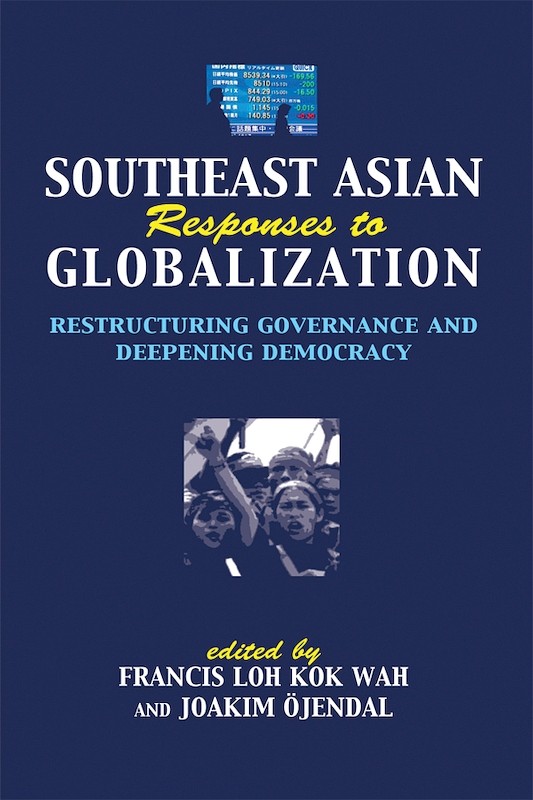
Reviews
"Loh's opening editorial sentence tells us precisely what the book is about. It seeks to examine 'changes in governance systems and practices pertaining to the idea of "democratization" in Southeast Asia intentionally positioned in a "thick" historical context of globalisation' (p. 1). The approach is 'critical political economy' spiced with a particular concern for structure and agency. The overall conclusion offered by Ãjendal on the process of democratisation in the region is that it is patchy and varied; 'there is and there isn't'. Indeed, Ãjendal tells us that, in any case, the editors and contributors are not really interested in whether or not countries are 'becoming "more" or "less" democratic' (p. 345). Rather they are concerned to examine 'specific changes in governance practices' and only then consider whether these changes might or might not contribute towards democratisation. Contributions to globalisation will undoubtedly continue to hit the bookshelves; this present book does deserve some attention, and with its interesting case-study material at the local level, and the diversity of localisms revealed, should attract an audience. It is soundly and conscientiously edited" (Aseasuk News).
About the publication
This volume revisits the theme of democratization via the lenses of globalization, understood economically, politically and culturally. Although globalization increasingly frames the processes of democracy and development, nonetheless, the governments and peoples of Southeast Asia have been able to determine the pace and character even the direction of these processes to a considerable extent. This collection of essays (by some distinguished senior scholars and other equally perceptive younger ones) focuses on this globalizationdemocratization nexus and shows, empirically and analytically, how governance is being restructured and democracy sometimes deepened in this new global era. A historical review introduces the volume while an analytical assessment of the ten case-studies concludes it.
1st Reprint 2006
Co-publication: ISEAS / NIAS
Institute of Southeast Asian Studies / NIAS Press
Contents
-
Southeast Asian Responses to Globalization: Restructuring Governance and Deepening Democracy
[Whole Publication, ISBN: 9789812305510] -
Preliminary pages
-
Introduction, by Francis Loh Kok Wah, Joakim Ojendal, authors
-
1. Globalization, Development and Democratization in Southeast Asia, by Francis Loh Kok Wah, author
- I. RESTRUCTURING GOVERNANCE
-
2. Liberalization without Democratization: Singapore in the Next Decade, by Chua Beng Huat , author
-
3. Globalization, Capital Controls and Reformasi: Crises and Contestations over Governance, by Khoo Boo Teik, author
-
4. Human Rights in Malaysia: Globalization, National Governance and Local Responses, by Saliha Hassan, Carolina Lopez, authors
-
5. Global Civil Society in One Country? Class Formation and Business Activism in the Philippines, by Eva-Lotta E Hedman, author
-
6. Globalization, Inequitable Development and Disenfranchisement in Sarawak, by Andrew Aeria, author
-
7. The Fall of Suharto: Understanding the Politics of the Global, by Dewi Fortuna Anwar, author
- II. DEEPENING DEMOCRACY
-
8. Filling the Democratic Deficit: Deliberative Forums and Political Organizing in Indonesia, by Hans Antlov, author
-
9. Democracy and the Mainstreaming of Localism in Thailand, by Michael Kelly Connors, author
-
10. A New Local State in Cambodia? Decentralization as a Political Commodity, by Joakim Ojendal, author
-
11. Democracy among the Grassroots: Local Responses to Democratic Reforms in Vietnam, by Bent D. Jorgensen, author
- CONCLUSION
-
12. Democratization amidst Globalization in Southeast Asia: Empirical Findings and Theoretical Reflections, by Joakim Ojendal, author
-
Index

